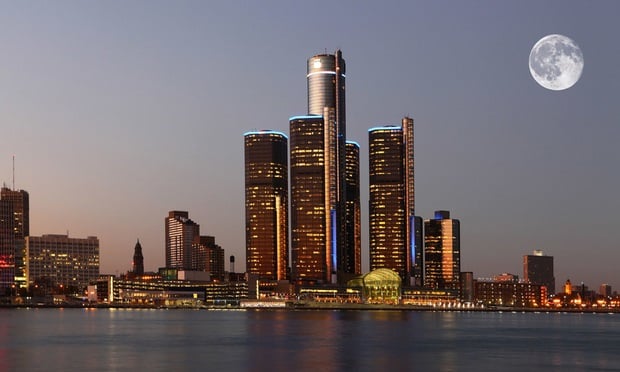The Michigan Department of Natural Resources has already submitted an application to the Natural Resources Trust Fund for funds to purchase the property development rights.
"The sale of this Upper Peninsula property presents a number of challenges and opportunities," Engler says. "The public-private partnership will protect private forest land and keep the land open to the public forever. That's good for local communities, good for protecting Michigan's abundant natural resources for the enjoyment of futuregenerations, and good for the timber industry."
Owned since 1994 by the Kamehameha Schools, a Hawaiian trust founded to benefit native Hawaiian children, the land recently went up for sale, with a target closing in the first quarter of 2003.
Included in the sale are 2.5 miles of Lake Superior shoreline, thousands of acres ofcommercial forest land, and much or all of the property surrounding more than 130 inland lakes. The land is worth at least $150 million, state officials say.
Using a partnership model that has worked in states such as New York and New Hampshire, a mix of private and public funding would purchase easements for theproperty, state officials say.
Under this type of easement, the land can continue to be worked for timber and kept open for public use. The easement is held by a government agency or qualified conservation organization. In addition, the landowner is entitled to take a federal income tax deduction for the value of the interest in land given to charity.
Engler says the timber industry brings $3.5 billion a year and 10,000 jobs to the Upper Peninsula.
Under the plan, land not containing forests could be developed.
© 2025 ALM Global, LLC, All Rights Reserved. Request academic re-use from www.copyright.com. All other uses, submit a request to [email protected]. For more information visit Asset & Logo Licensing.







